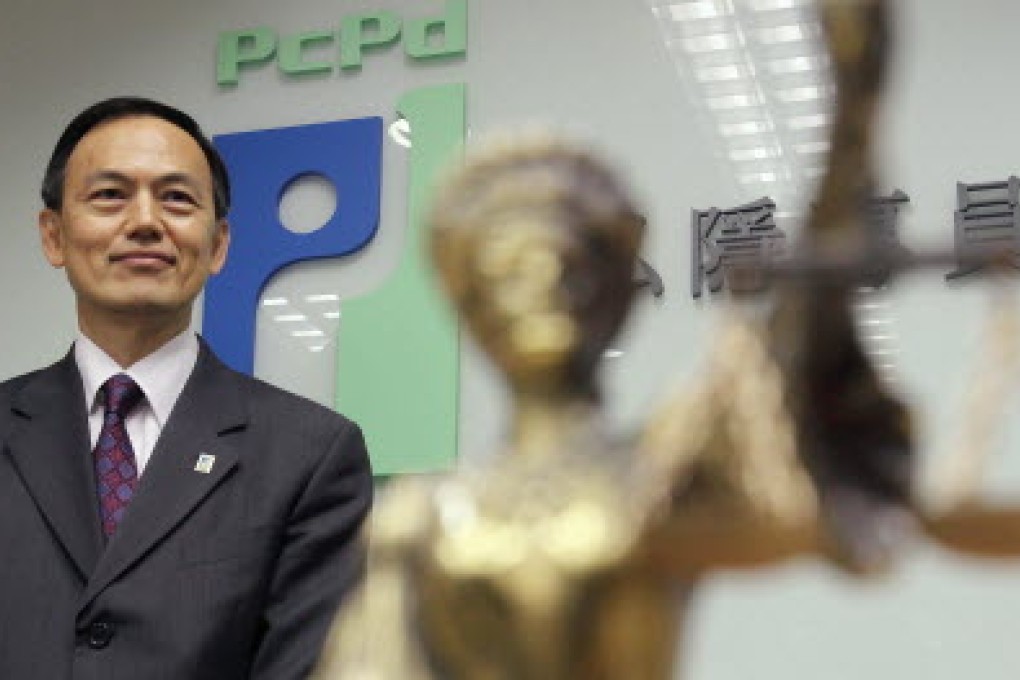My Take | No reason to limit app access to public records
Privacy protection is a good thing, until it is not. When you have a busybody of a privacy commissioner obstructing people's access to public information, it becomes counterproductive.

Privacy protection is a good thing, until it is not. When you have a busybody of a privacy commissioner obstructing people's access to public information, it becomes counterproductive.
Commissioner Allan Chiang Yam-wang has ruled that a mobile app called Do No Evil breached data protection laws and ordered the firm that operates it to halt a particularly popular service - an online search of public records like litigation and bankruptcy cases.
If people cannot use the app, to do the searches, they can go to the judiciary, the Official Receiver's Office and the Companies Registry to find the documents, as they did in the past. They are all available for public inspection. As far as we know, and the commission has not disputed it, the company has only collected data from legal proceedings that are already in public records. It has a database of more than two million such records. The firm has voluntarily complied with the commission's order, as fighting it in court will be costly for such a small commercial entity, even if it has an excellent case to argue.
Chiang thinks Do No Evil provides sensitive personal data - including the names of litigants, partial identity card numbers, addresses, claims amounts and company directors' data. So what? I can find all this data if I go to a government office - and not just in bankruptcy and litigation case files, but in vehicle registrations, land-title ownership and business registrations as well.
Chiang claims it is a common misconception that personal data collected from the public domain is open to unrestricted use. No use is unrestricted, but it's not clear Chiang has the competence or power to decide what amounts to legitimate use and how to restrict access to data being used. It is certainly not in his power or mandate to decide the manner in which they can be accessed - whether physically through a public office or a mobile app.
Chiang is fond of saying that the use of personal data for anything other than the original purpose should be restricted unless voluntary consent of the subject is obtained.
